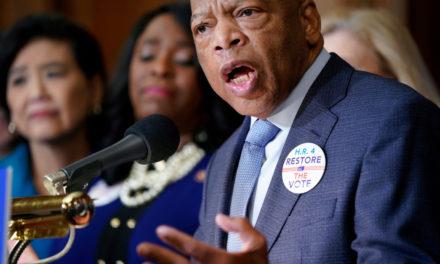
According to Gallup, based on their surveys with hundreds of companies, only 30% of the U.S. workforce is engaged in their work, and 70% are not engaged or actively disengaged.
Needless to say, disengaged employees are not as productive, innovative or creative and the consequence directly impacts the bottom line.
Gallup research shows that the most engaged employees are those who are nearing retirement and the least engagement are younger workers. This is obviously not a good trend. In addition, women are slightly more engaged than men and those without college degrees are more engaged than those who are in jobs that require advanced education. The finding that women are more engaged than men adds to the body of literature that supports that women in the workforce make a positive difference.
Gallup does not report data on race/ethnicity but according to proprietary surveys that The Winters Group has conducted for clients, people of color in general report somewhat lower levels of engagement, largely based on their perception that they do not have an equal opportunity to progress at the company.
Gallup also discovered that managers who focus on their employees’ strengths substantially reduce active disengagement and double the average of U.S. workers who are engaged. They recommend that managers connect with employees as individuals, learning about their unique interests and needs.
As Baby Boomers and Traditionalists exit the workforce and Millennials become a major component, it will be critical for managers to find ways to engage the younger generation. In addition to a multi-generational workforce, by 2020 39% of the workforce will be non-White.
I believe we are at a crossroads right now where the large monoliths of business still adhere to policies and promote a culture that worked 50 years ago but is not in step with the interests of the younger workers.
I have heard all too often from clients (the last time was yesterday) that Millennials have an “entitled” attitude and lack a strong work ethic. When people of color fail to see people who look like them in top positions, their levels of engagement wane.
Leaders will need to develop more cultural competence to understand different employee segments and the different drivers of engagement. Perhaps Millennials are not entitled but rather have different expectations based on growing up in a world where “everybody gets a trophy”. Are people of color not being promoted due to lingering unconscious bias? Do we understand why women are more engaged than men and how we can leverage this difference?
Engaging employees is indeed complex and becomes even more complex when we consider diversity.

![The Buzz: Sesame Street’s Newest Character Teaches Us to #LiveInclusively [Video]](https://theinclusionsolution.me/wp-content/uploads/2017/04/sesame-street-julia-620x330.jpg)
















